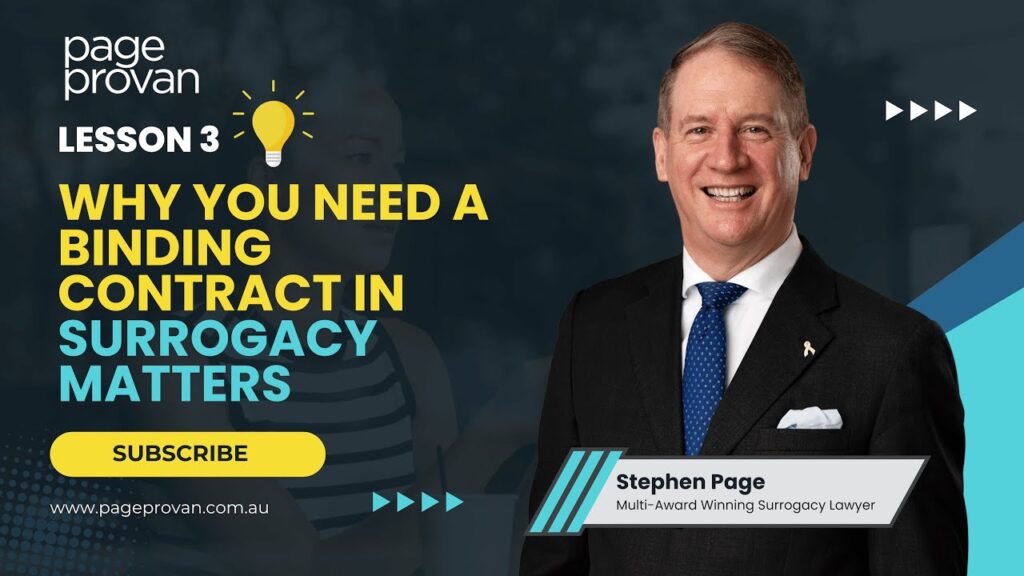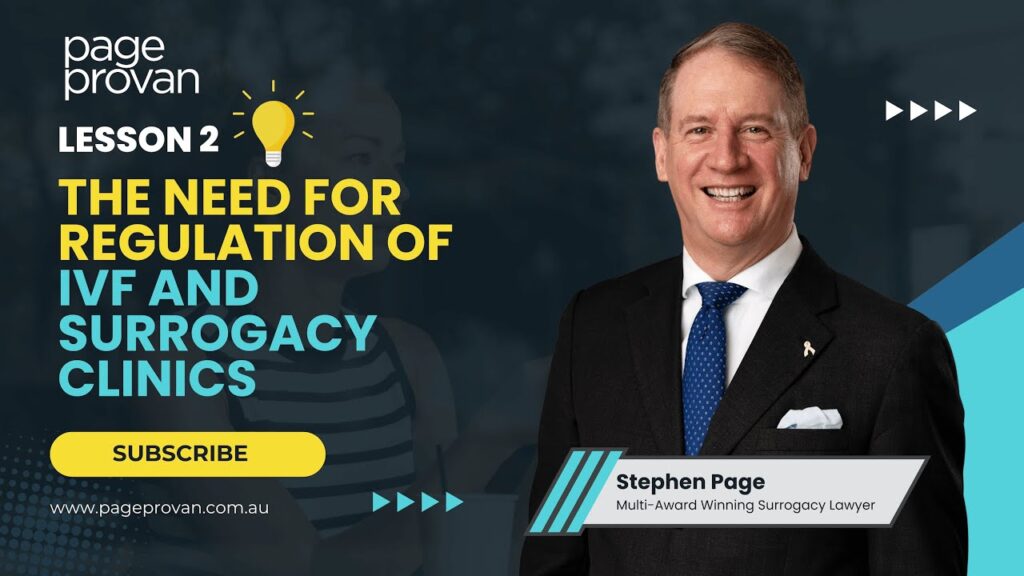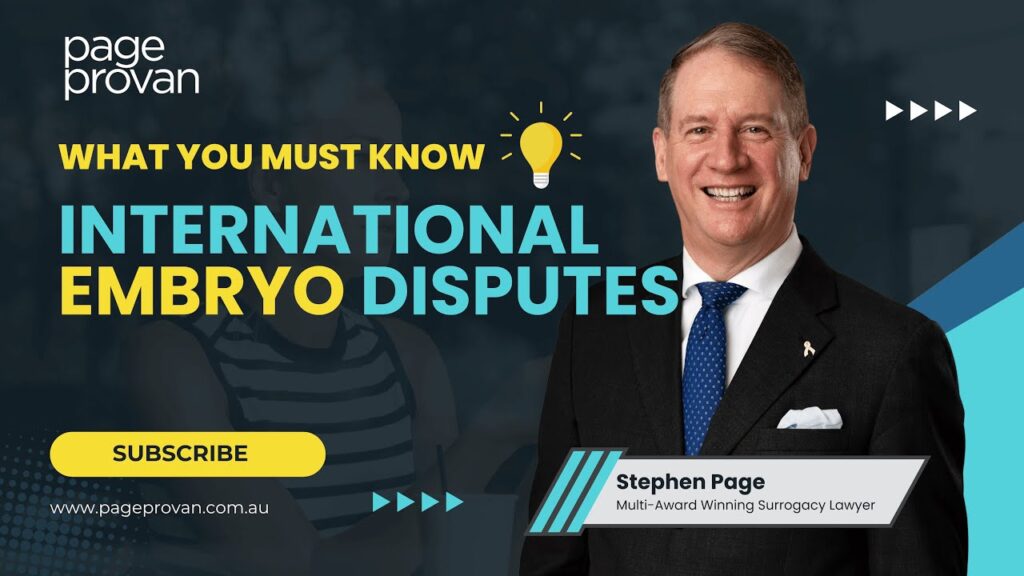A big thank you for helping stop a child being abducted overseas
Today I received one of those rare events, a call from an Australian colleague who was overseas thanking me for my work which helped determine a court case.
It turns out that the parents had separated, and the mother was concerned that the father might abduct the children overseas. The automatic reaction was that the children were protected because they were on the Airport Watchlist. The Watchlist, which is operated by the Australian Federal Police and the Department of Foreign Affairs and Trade, is a check at the airport (or sea ports) so that if someone is named on the Watchlist, they won’t be allowed to leave Australia. It is assumed that the Watchlist is perfect.
My colleague looked high and low but unable to show any case that threw doubt on the Watchlist.
Until she came across a blogpost I had written on this blog. This was because many years ago a Mr Saad had been prevented from taking the child overseas and requiring him to surrender his passport. His solution? To go to the Jordanian Embassy and persuade them to issue a new passport with the child endorsed on his passport. The result? He was able to take the child to Jordan.
Not surprisingly, things did not go well for Mr Saad later when he returned to Australia.
I have long been of the view that when there is a real risk of international child abduction, prevention is better than cure. This means taking a series of steps to minimise the chances of the child being abducted. Use of the Watchlist is one of those steps. Another is taking great care with the drafting of court orders, for example. Reliance on just one step- such as the Watchlist- can be particularly risky.
My blog referred to the Saad case- and citing the Saad matter was instructive in changing the outcome of the case- because the issue of risk of taking the child to an Islamic country in the Middle East was properly considered, with orders in place to prevent the child leaving.
My colleague said that there was a general assumption that if the child were being removed to a Hague Convention country, it was thought therefore that there was minimal risk. Australia is a party to a number of conventions signed at The Hague in the Netherlands, commonly called Hague Conventions. The 1980 Hague Convention concerns international child abduction. Regrettably, just because a country has signed up to the 1980 Hague Convention does not mean that there is a guarantee that the child will come back. Some countries are very good at compliance, others not so.
The phone call was humbling. I had never expected to have had that impact. I said: “You have made my day.” My colleague’s response: “You have changed the mother’s life, for the better.”












